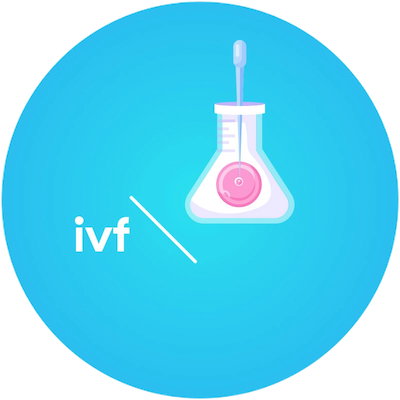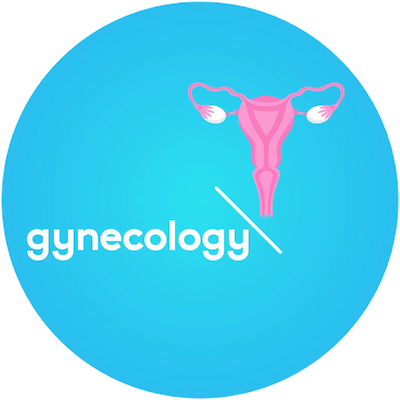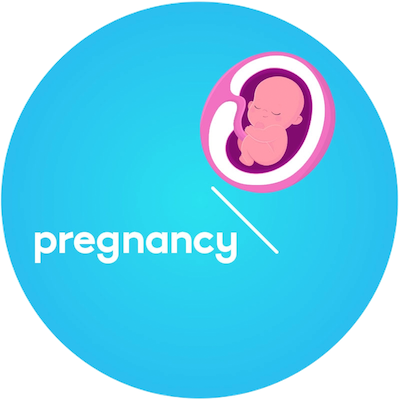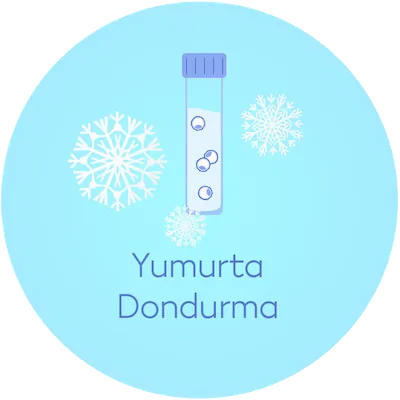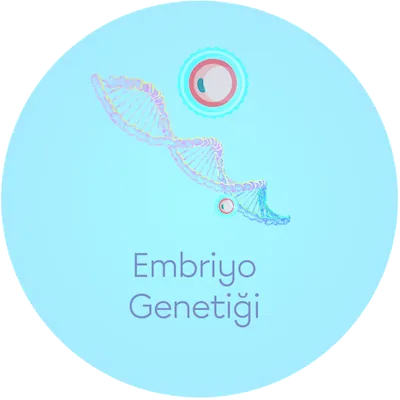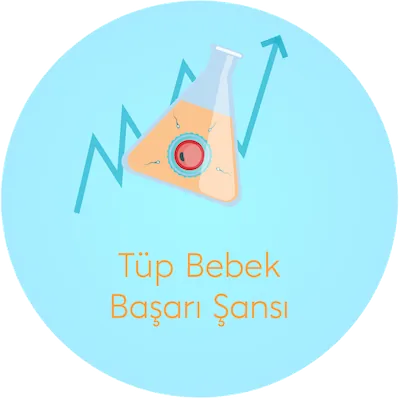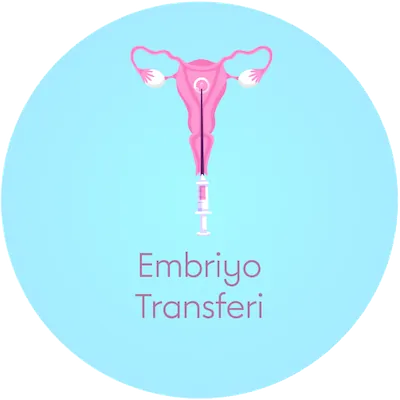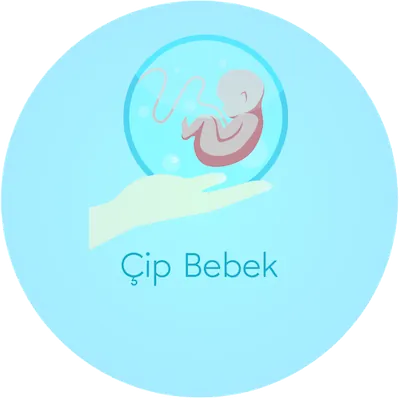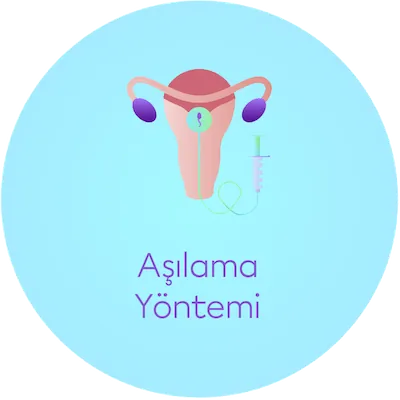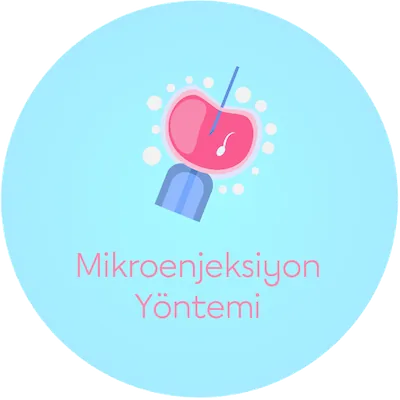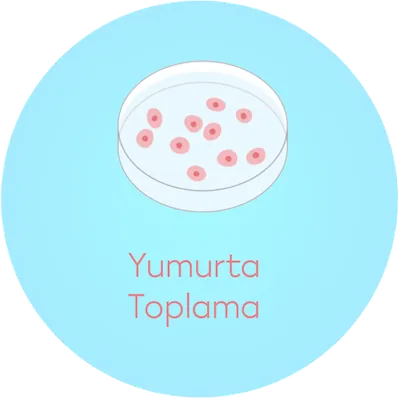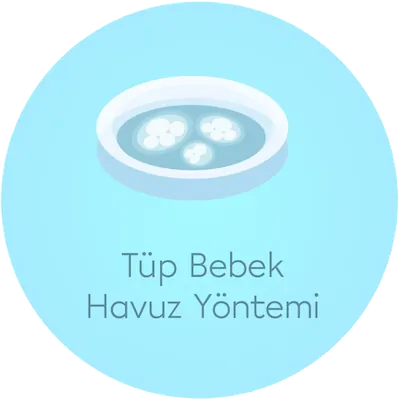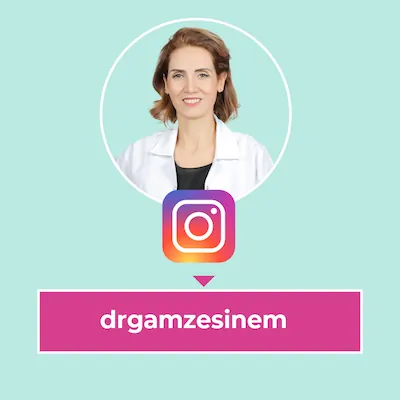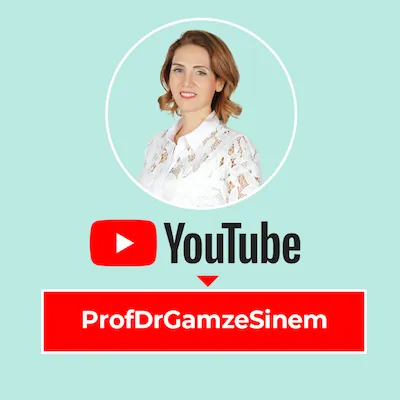I successfully completed the master program ‘Biotechnology of Human Assisted Reproduction and Embryology’ at the Valencian Institute of Infertility, coordinated by the University-Business Foundation of University of Valencia
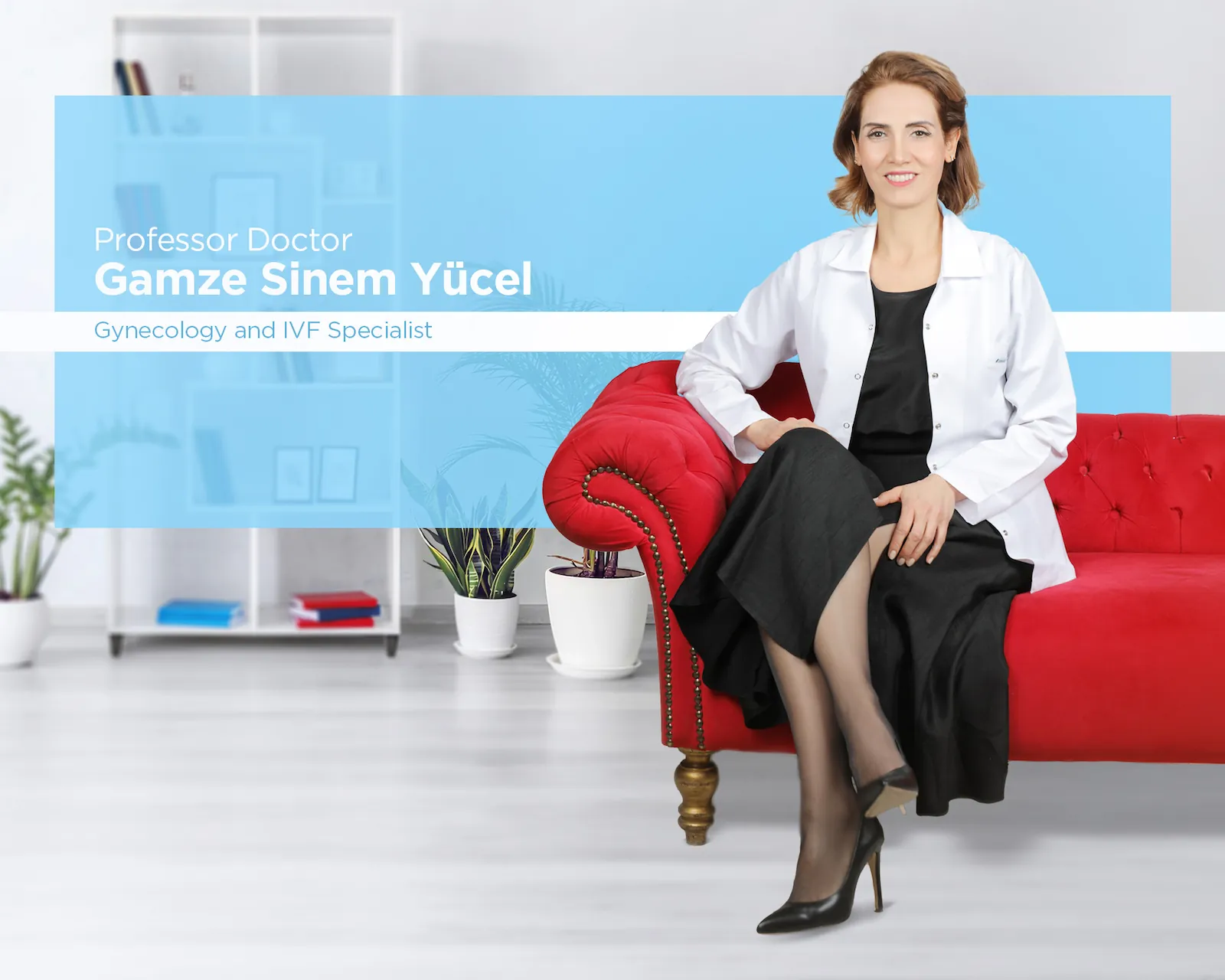
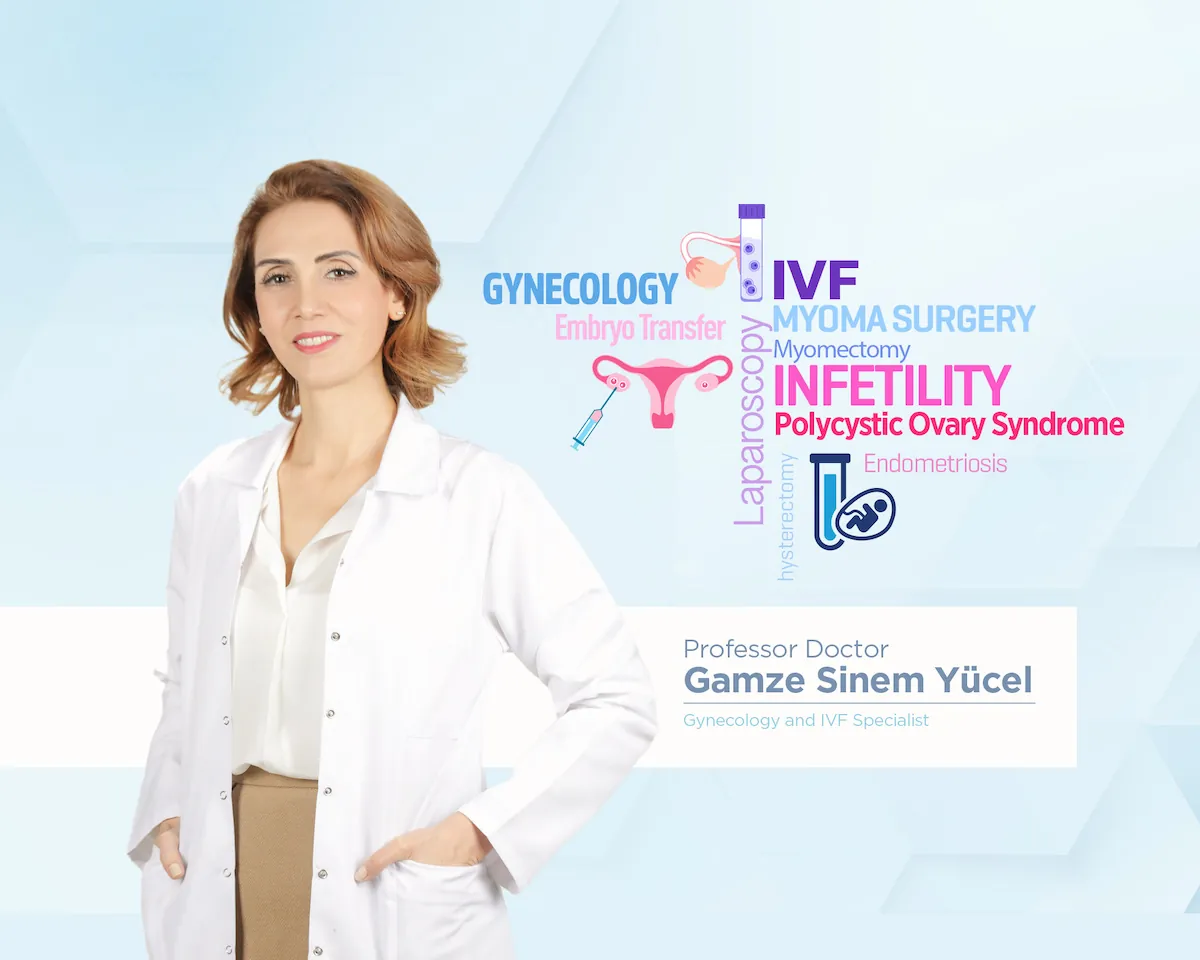
Professor Doctor
Gamze Sinem Yücel
2015
2017
I received the ‘Minimal Invasive Gynecological Surgery’ diploma from the European Endoscopy Society.
2019
I started training as mentor in the Gynaecological Endoscopic Surgical Education and Assessment (GESEA) programme of the European Academy of Gynaecological Surgery.
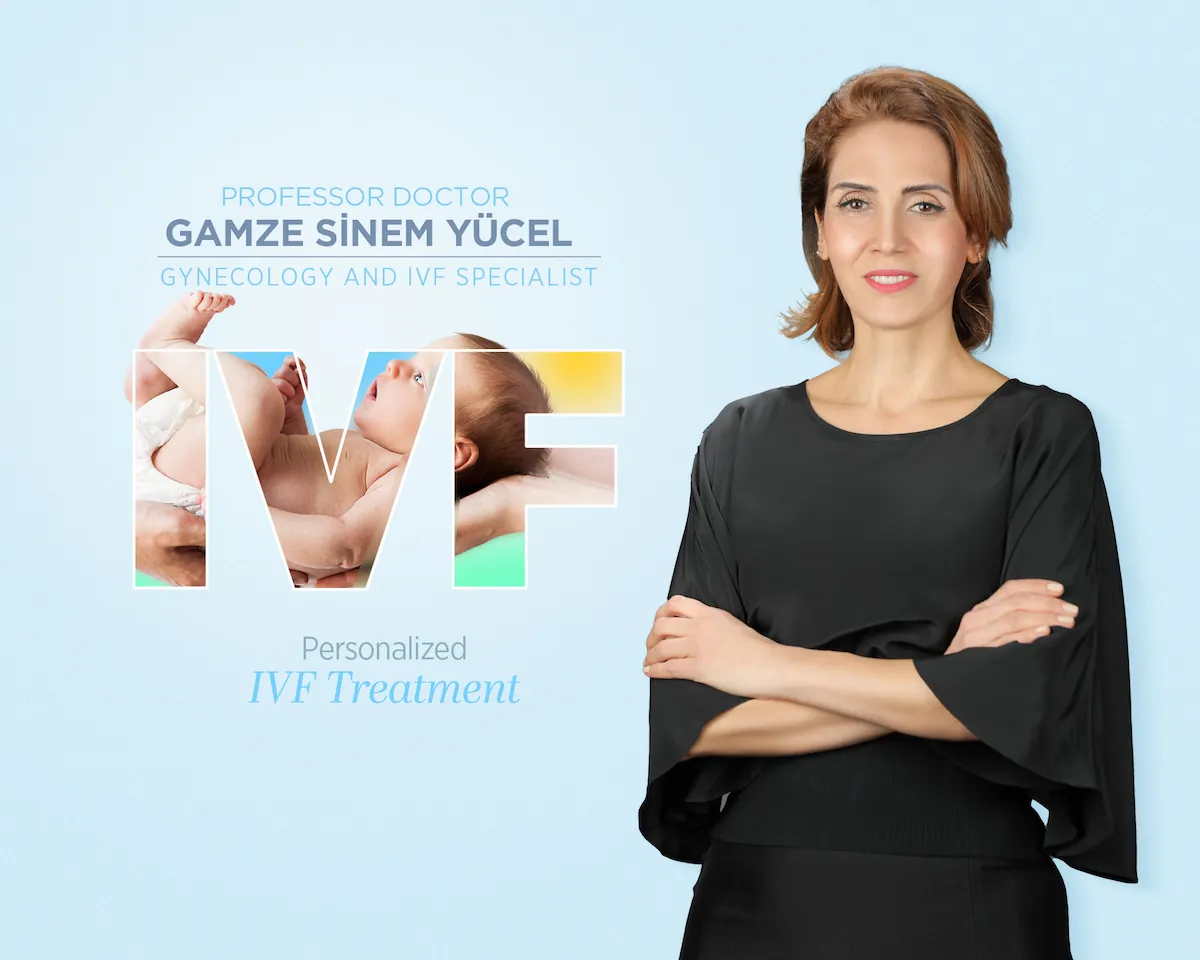
If you want to have a baby but cannot get pregnant for various reasons, IVF treatment is among the most effective methods that offer a solution to this problem!
If you are unable to get pregnant despite regular intercourse, the first thing that comes to mind is that there are some underlying biological problems. It should be noted that about half of the problems identified can be attributed to men and women. At this point, IVF treatment provides couples with the chance to have a baby, regardless of which of the sexes the problem originates from. The success rate of IVF treatments to realize your desire to have a child is also undeniable: The success rate ranges from 15% in your 40s to 40% around the age of 35 and 60% under the age of 30. In addition, if you cannot conceive with the first treatment, your chances will continue to increase if you continue treatment.
The solution is one step away: By undergoing IVF treatment, you can relieve the pressure you feel because of your biological problem and have the opportunity to give birth to a healthy baby.
If you don’t want a baby yet, or if you are not yet married, you can freeze your eggs and have a chance to become a mother in the distant future!
If you have to postpone your dream of becoming a mother for various reasons, if your egg reserve has decreased, if you have cancer and will undergo chemotherapy or radiotherapy treatment, if you have a family history of early menopause, if you have had surgery on your ovaries – with your doctor’s advice and approval – you can freeze your eggs. This way your eggs can be stored and used for baby wishes after thawing!
It should be known that the probability of live birth will decrease in parallel with the number of eggs as you get older. In addition, egg freezing, which is completed in about two weeks, should be performed before the age of 35, as egg reserves and egg quality deteriorate with age.
In summary, in the face of the fact that time is working against egg reserves, do not forget that there is the possibility to freeze eggs!
Do not be afraid of endometriosis treatment, which significantly reduces the quality of life, can cause pain and even infertility by spreading!
Since 30 out of every hundred women diagnosed with endometriosis experience infertility, it is extremely important to treat your disease. The treatment will also improve your quality of life by relieving pain before and during menstruation, in the back and during sexual intercourse.
The treatment method for endometriosis symptoms varies. It is worth noting that surgical interventions are much more effective in relieving contractions than suppressive drug treatments. Endometriosis may require surgery because of severe pain and/or the desire for a baby. The surgical method and the extent (stage) of the disease are also determined in the patient-specific treatment plan. After the operation, you have the highest chance of pregnancy. However, if you cannot get pregnant after the operation, you can increase your chances with in vitro fertilization.
Don’t let endometriosis affect your social life! You can regain your health with the right and appropriate intervention by expert hands.
Do not let benign tumors in the uterus, which are called by different names, be your nightmare! With surgery, you can easily get rid of these tumors and say goodbye to the pain and bleeding you experience in the areas where the tumor is located and affected.
More common in women between 30 and 40 years of age, fibroids can occur in women of any age; they can cause excessive bleeding during menstruation, intermittent bleeding, pain during sexual intercourse, a feeling of pressure in the lower back or pelvic area, frequent urination or inability to get pregnant, or they can continue to grow without any symptoms. The most practical method to get rid of your complaints is fibroid surgery. It is also important to remember that untreated fibroids can grow and cause bigger problems.
While treatment options vary according to the number and location of fibroids, it is possible to regain your former health in a short time after the operation in fibroids that require surgery!
